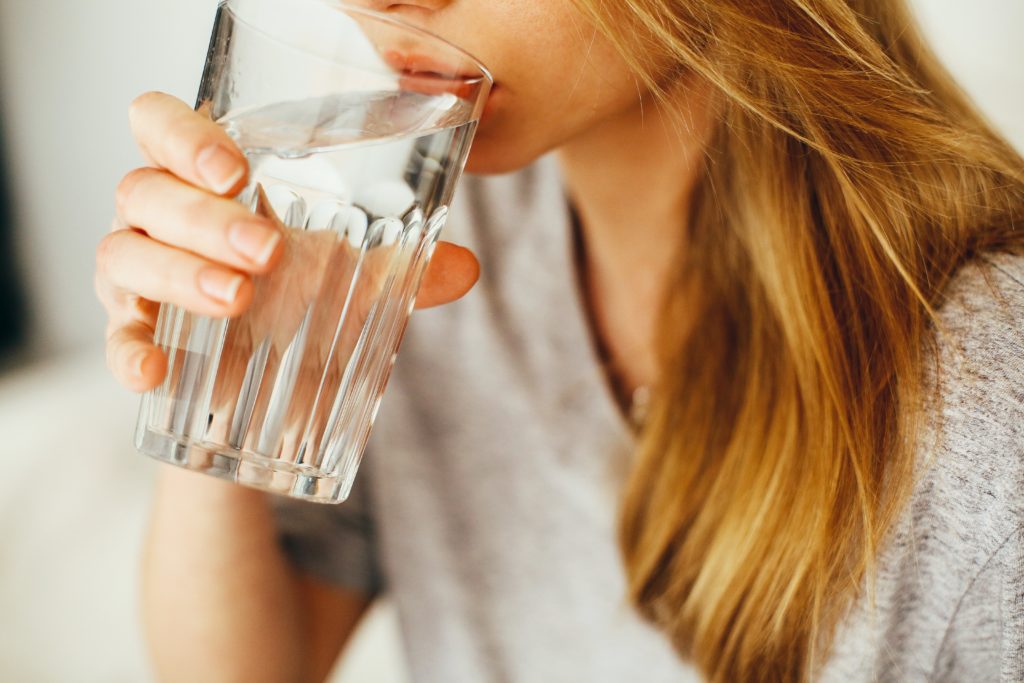7.5.21
7 Ways to Beat the Heat


Consumers home loans
We’d love to help you with a mortgage or home equity line of credit.
Learn moreTips for keeping your cool in hot, humid weather.
When the temperature hits extreme highs, staying cool is about more than comfort. Dangerously high heat can be life threatening. Here are seven ways to keep you and your loved ones safe in the summer heat and humidity, even if you don’t have air conditioning.
Turn off as much as possible
Many electric household appliances, lights and electronic devices generate heat. Turn off as many as you can.
Instead of cooking on the stove or in the oven, opt for the microwave or grill. Or choose cold dishes like salads and sandwiches. Check out these 30 cold dinner recipes made for hot nights. Also, explore foods that can make you feel hotter or cooler.
Close windows when temps rise; open when cooler
Close windows before 10 a.m. and keep them shut until the sun goes down and the temperature drops.
Since every home is different, you’ll have to experiment with the most effective way to vent hot air out in the evening. Sometimes the best way is to create a cross breeze by opening windows on opposite sides of the house. In other cases, you could create a chimney effect by opening windows at the highest and lowest points in your home. This allows the cool air in and gives the heat a place to exit.
Use fans
Often misunderstood, fans won’t lower the temperature of a room, but they can make you feel cooler. Think about it, even if the air temperature is 90°, that’s 8.6° cooler than body temperature. It’s especially important to keep fans going to circulate air when the the windows are closed.
Make sure ceiling fans turn counterclockwise in the summer to create a cooling breeze.
Fans can also move cooler air into the house. Box fans facing outward can help speed the cooling of your house by moving heated air outside.
If you have a whole house fan, the air outside needs to be cooler than the air inside the house for it to effectively cool your house.
Attic fans provide a way to exhaust the heat that builds up in your attic. Lowering the temperature in the attic can help lower the temperature in your living space.
Both whole house fans and attic fans can help reduce the load on air conditioning systems.
Draw the blinds and curtains
Blocking sunlight will help keep your home cooler. Thermal or blackout curtains will will trap the heat from your windows and slow down the rate of heat buildup inside the house.
Water and ice are nice
Even if you don’t live a by lake or river, you can take advantage of the cooling effects of water. A wet washcloth can cool your neck or forehead. A cold shower will also leave you clean and cooler.
If you don’t have air conditioning, you might try this old-school cooling method: place a tray of ice in front of a fan and enjoy the cooling effect while you sit directly in the breeze—at least until the ice melts.
Get out of the house
Sometimes, it’s just too hot to stay home. Head out to a lake where it’s cooler or someplace with air conditioning like a library, movie theater, restaurant or shopping center.
Excessive heat can lead to heat exhaustion and heat stroke. Explore the Center for Disease Control’s (CDC) list of symptoms to look for and what to do if you or someone has heat-related illness. Headaches, dizziness and nausea in the heat can be indicators of serious problems.
Keep in mind that relative humidity can make it feel even hotter than the actual air temperature. Any time it “feels like” the temperature is 90° or hotter, the risk of heat exhaustion increases. When it “feels like” 105° or more, heat exhaustion is more likely, and activities should be limited.
Check on others
Did you know that heat kills more than 700 Americans each year? What’s more, these deaths are almost always preventable. The CDC says everyone is at risk when the thermometer hits 90° or above, but older folks are most vulnerable. Children younger than two and people with chronic diseases and mental illness are also at high risk.
If you have relatives or neighbors without air conditioning, check on them. Are they staying hydrated? We all need more water than usual in extreme heat. Are they cool enough? Do they need help keeping cool?
Make sure pets stay hydrated and have a place to keep cool, too. Check out these hot weather safety tips for your furry friends from the ASPCA.
Consumers helps more than 2,000 members finance land, first and second homes, and home improvement projects each year. We’d love to help you with a mortgage or home equity line of credit; contact us online or call us at 800-991-2221.
![]()

Consumers home loans
We’d love to help you with a mortgage or home equity line of credit.
Learn more

